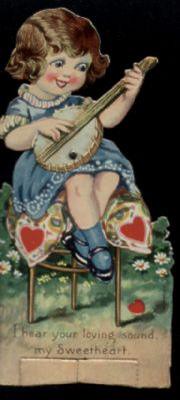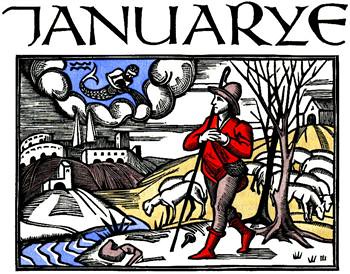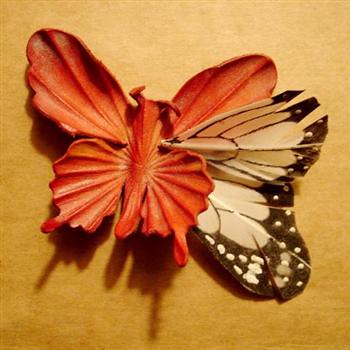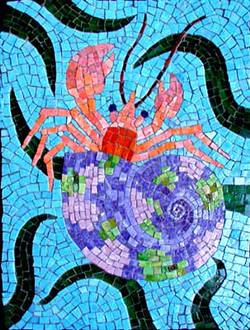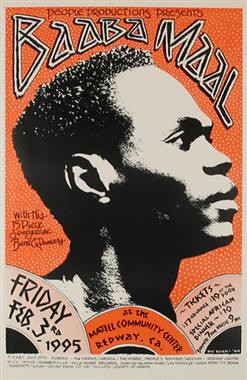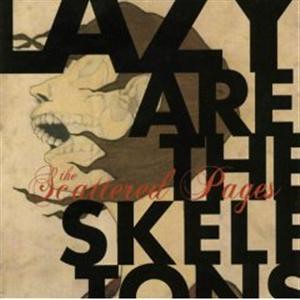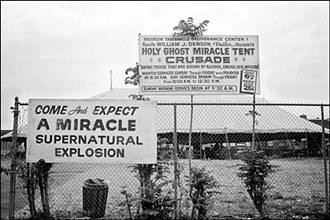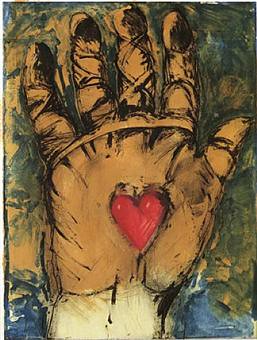To journey out and back

The Road Home, Rana Muller
The Saddle Song - Mary Epworth and the Jubilee Band
This past grim week of waning January rewarded me with two brief bursts of unexpected joy. One was Wesley Autrey's appearance at the State of the Union address. I'd prefer not to consider the cynicism attached to an invitation to Laura's gallery parlor, but I think it's safe to say Autrey, this wondrous embodiment of living, overspilled any container the Bush camp might have expected he'd fill. As he bowed, flashed the thumbs up, mouthed what seemed like you're the man and wouldn't sit down, I laughed so hard my face might have cracked open. It's nice to laugh in this way -- not in irony or rue or at the expense of anyone or anything, but just in the knowlege that some people are very good and brave and sometimes they're recognized for it. It's too rare.
The other was when I heard "The Saddle Song." It's a breakup song perhaps -- Mary Epworth waves words such as "bitter," "toil," "tedium" like small pointed sticks. But it's also one so exuberant in its ragged glory that you would be very hard-hearted indeed if you weren't moved to smile, to join its rutted rolling procession, its pilgrimage, its parade of smashing cymbals, shivering violins, clamorous voices and a horn section just roused from sleep, but game for the journey to Rome, to Damascus, Samarra, Mecca or simply the end of a cobbled London street. Suddenly it seems, every female vocalist has her own brass band to dust the attic and brighten the corners of dark corridors. I don't sing (or I do, but you wouldn't want to hear it) but I wonder where I can get one of these brass bands. Because they seem so useful when you need to twist trouble and disappointment into some small kind of success. Without it, I suspect, Epworth might not be so confident to sway-sing a line like Knuckle down and buckle up/ So is life and so is love.
There's a stream on Mary Epworth's Myspace of "The Saddle Song" performed live. Not ideal, but gives you some sense of how fantastic this tune might be before your own eyes and ears.
Don't Walk Another Mile - In The Country
This might well be the opposite of "The Saddle Song," or as close as ambivalence comes to being opposite of anything. Just a measured repetition of keys, clip of wood block, brief brush of tambourine, a solitary walk after a thunder storm, one slow foot in front of the other, and tree branches drip-dripping the minutes. Its pace picks up almost indiscernibly, as your feet do when home comes into sight and you're there before you know it.
From Losing Stones, Collecting Bones (Amazon, iTunes).
In The Country on Myspace.

